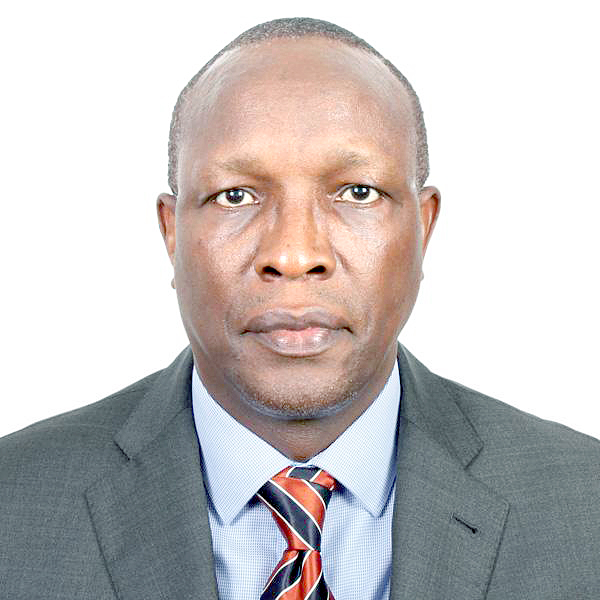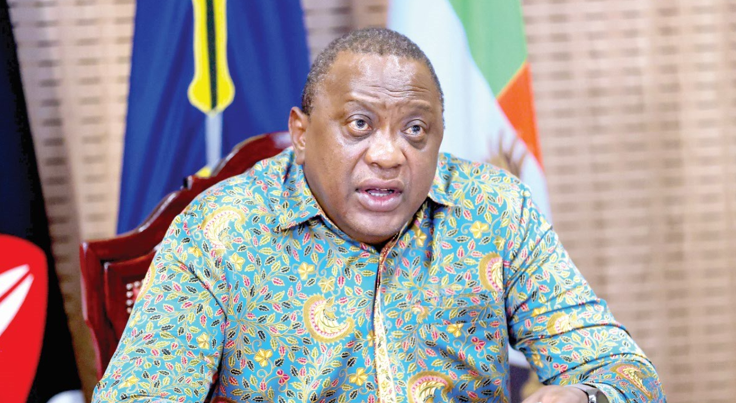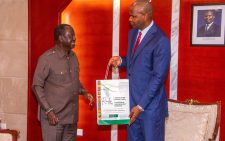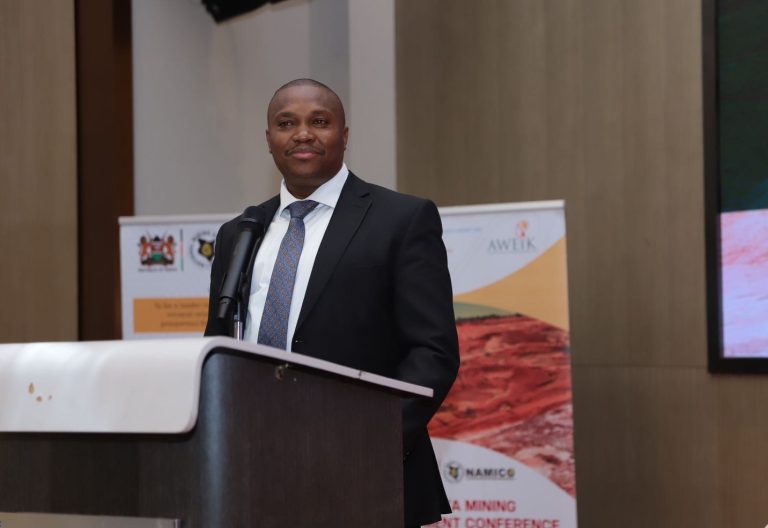State launches new tool to revolutionise public procurement

The government has officially begun piloting its end-to-end e-procurement system ((E-GP), a transformative initiative expected to revolutionise public procurement.
Supply chain experts have hailed the move as a potential game-changer in enhancing efficiency, transparency, and accountability.
Speaking during the 3rd National Dialogue Conference organised by Kenya Institute of Supplies Management (KISM) in Mombasa, National Treasury Director of Procurement Eric Korir said the system went live for select pilot entities last week.
The rollout, he said, is part of the Treasury’s broader reform agenda, aligned with the dynamic needs and expectations of Kenyan citizens.
“All ministries, departments, and agencies will be onboarded by April 2025 in line with President William Ruto’s directive,” he confirmed. In his recent State of the Nation address, the president criticised the National Treasury for delaying the implementation of the E-GP system for over a decade.
He instructed the Treasury to ensure the system is fully operational by the first quarter of 2025, adding that all public procurement processes would henceforth be conducted exclusively through the platform.
“As directed, from April 1, 2025, all government entities will be required to transact on this platform. This system will streamline operations, eliminate inefficiencies, and address governance issues associated with manual processes,” Korir reiterated.
The platform promises to deliver greater value for taxpayers’ money by increasing transparency and expanding participation in tendering processes. Korir noted that the system would eliminate excessive paperwork and ensure all procurement submissions are securely recorded, creating an indelible audit trail beneficial to oversight agencies.
The E-GP system, he observed, is expected to address long-standing issues in the procurement process, from inefficiencies to governance challenges.
“With greater transparency, auditability, and the elimination of manual processes, this reform marks a critical step toward ensuring public funds are used effectively and equitably,” Korir noted. “As the pilot phase progresses, we are hopeful that the government’s commitment to modernising public procurement will bring forth a new era of efficiency and trust in the management of taxpayer resources,” he said.”
John Karani, KISM chairman highlighted the need for resilience in Kenya’s supply chain ecosystem.
He pointed to lessons from global disruptions such as the Covid-19 pandemic and geopolitical conflicts in Ukraine and the Middle East, which underscored the importance of local manufacturing and regional economic growth.
Karani urged stakeholders to prioritise the establishment of regional factories and invest in local production to strengthen Kenya’s supply chain resilience and reduce dependence on external markets like China.













